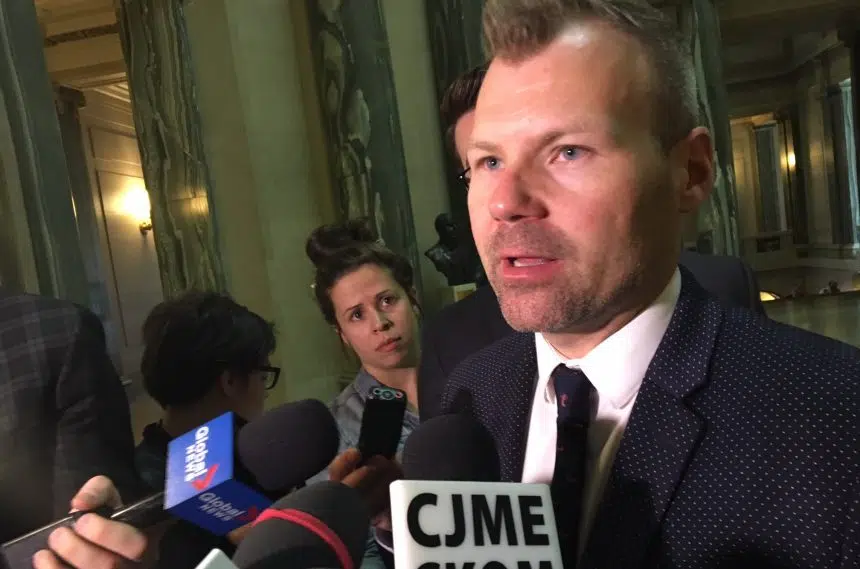Saskatchewan is developing a carbon offset framework for the province in hopes of curbing emissions.
The provincial government issued a discussion paper Monday to lay out the plan, which was called for in the Sask. Party’s Prairie Resilience climate change strategy.
“Our government is committed to designing an offset program that best serves the needs of the province,” Environment Minister Dustin Duncan said in a media release.
“With input from Saskatchewan industries, associations, producer groups and other diverse stakeholders, we can design a system that extends to all sectors to help the province shift to a lower-carbon economy.”
The carbon offset plan “will create additional value for actions that result in carbon sequestration or reduced greenhouse gas (GHG) emissions, including Saskatchewan soils and forests,” the media release said.
A number of people already have viewed the discussion paper, including environmental and industry associations, regulated emitters, urban and rural municipalities, government agencies, First Nations and Métis organizations and educational institutions.
Representatives of those organizations will meet with ministry officials this month to continue discussions about the potential offset system.
Offset credits will be given to emitters who reduce, remove or sequester GHG emissions. According to the release, those credits “can then be sold to organizations seeking to comply with the regulations and account for their own emissions.”
“Prairie Resilience is designed to achieve actual greenhouse gas reductions by 2030,” Duncan said in the release. “Despite the imposition of the ineffective federal carbon tax, these discussions ensure the offset framework accounts for economic growth, competitiveness and trade exposure.”
The provincial government is fighting the federal government’s carbon tax. After losing in the provincial Court of Appeal, the province is taking its case to the Supreme Court of Canada.











